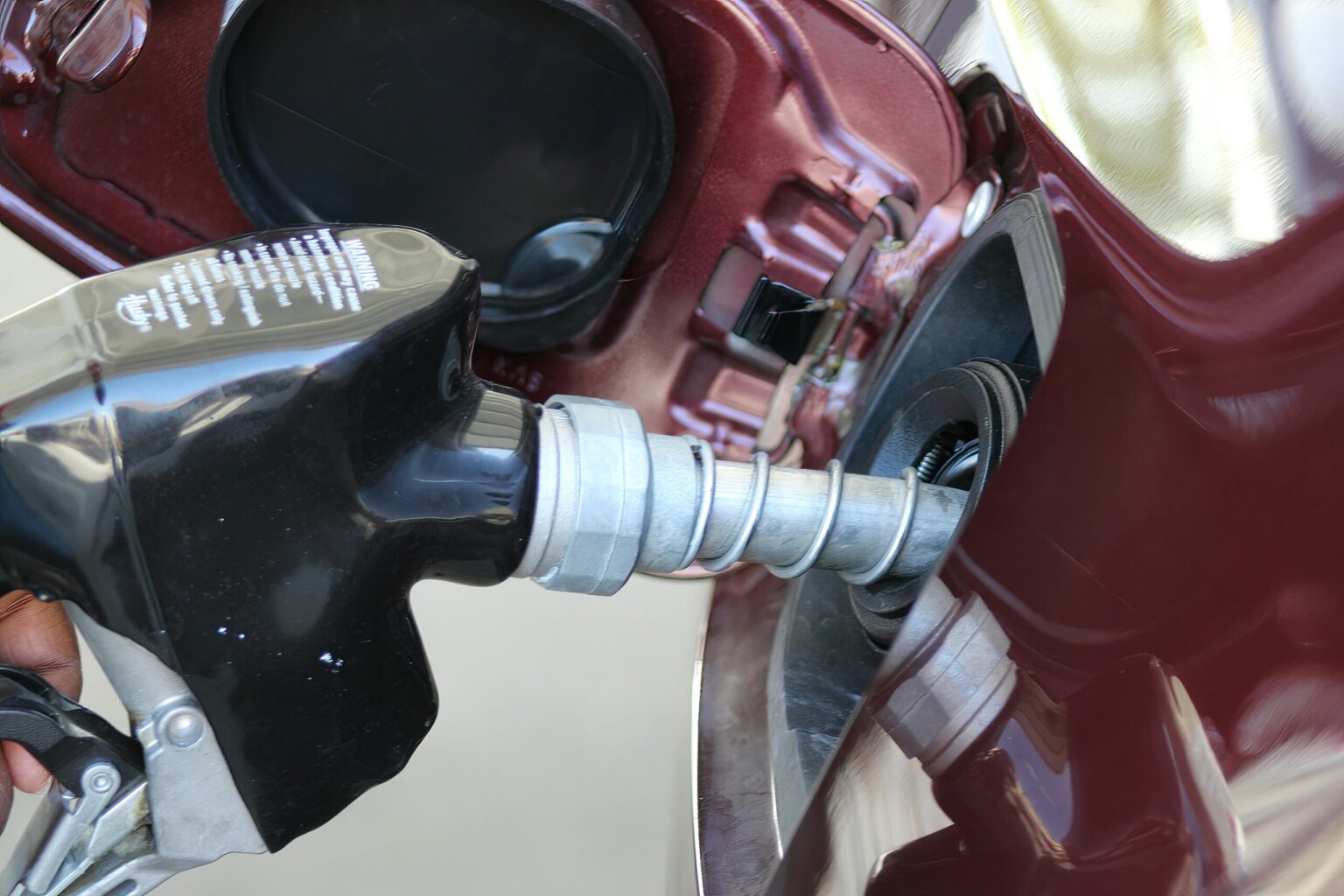Germany’s Federal Cartel Office (Bundeskartellamt) has concluded its sector inquiry into the refining and wholesale fuel markets, identifying significant competitive risks linked to price assessments.
The investigation, launched in 2022 in response to price surges following Russia’s invasion of Ukraine, aimed to improve competition and transparency in the sector.
The inquiry found that price quotations, which influence pricing throughout the oil value chain, are based on limited data from a small number of dominant market participants. This raises concerns about potential price manipulation and anti-competitive practices. The authority highlighted that these assessments, primarily provided by S&P Global Commodity Insights (Platts) and Argus Media, could increase transparency to the point of facilitating collusion among competitors.
Bundeskartellamt President Andreas Mundt stated, “The inquiry has once again shown that the conditions for effective competition in the German mineral oil sector are difficult.” He emphasized Germany’s dependency on crude oil imports and the market’s vertical integration as key factors hindering competition.
The authority has recommended stricter legal regulations for price quotations and suggested revising the IOSCO Principles for Oil Price Reporting Agencies to mitigate risks of price manipulation. It is also considering opening proceedings to further analyze these risks.
Additionally, the inquiry found that fuel procurement in Germany remains regionally constrained due to high transportation costs, limiting alternative supply options for traders. Another concern is the increasing frequency of price changes at petrol stations, which rose from an average of four to five times per day in 2014 to approximately 18 times per day in early 2024. This volatility complicates consumer decision-making and price comparisons.
The Bundeskartellamt’s final report calls for further examinations into the impact of frequent price changes and potential regulatory measures to enhance market stability and consumer transparency. These findings reinforce the need for enhanced oversight in Germany’s oil sector to ensure fair competition and prevent anti-competitive practices.
